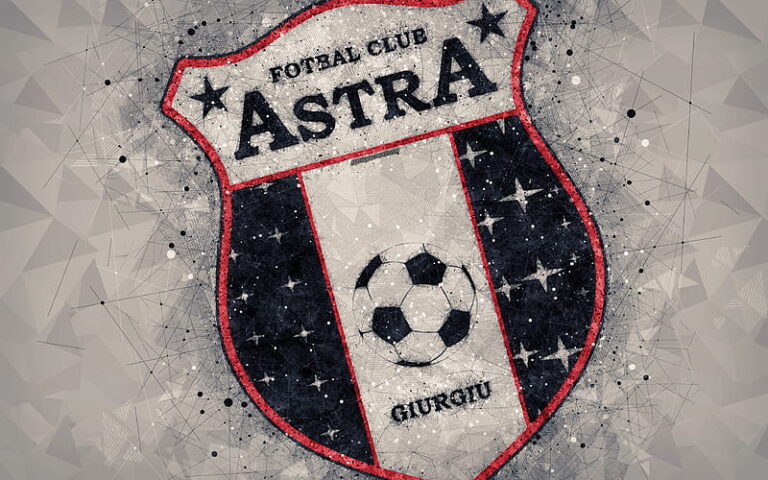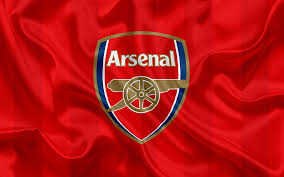
Wales FC
When we speak of Wales FC, it is more than just a football team—it’s a living embodiment of Welsh spirit, culture, and unyielding resilience. This club symbolizes the collective heartbeat of a nation deeply intertwined with its footballing heritage. Over time, Wales FC has become a beacon of hope and pride for its people, inspiring generations of fans and players alike. Its journey tells a story filled with fierce rivalries, legendary players, triumphant victories, and heartbreaking defeats, but above all else, an unwavering passion that unites millions. This article delves deep into the fascinating history, cultural significance, pivotal moments, and lasting legacy of this extraordinary club, exploring how Wales FC has evolved from humble beginnings into a symbol recognized worldwide.
The Origins and Early Development of Wales FC
Before understanding where Wales FC stands today, it’s essential to explore how it all began. The roots of this celebrated club are buried deep within the rich tapestry of Welsh culture and society. The early days were marked by struggle and innovation, laying foundations that would ultimately shape Welsh football history. These origins reveal not just the birth of a team but also the awakening of a national movement centered around sport, identity, and pride dagathomo.
Founding Moments and Historical Context
The formation of Wales FC cannot be discussed without acknowledging the broader historical landscape of 19th-century Wales. During this period, the Industrial Revolution was transforming the country, bringing towns and cities closer but also engendering social challenges. Football emerged as a popular pastime among working-class communities, providing a much-needed escape from daily hardships.
In these bustling industrial hubs, local enthusiasts came together to organize informal matches, gradually fostering a sense of unity and competition. Amid this backdrop, the foundation of Wales FC in the late 1800s represented more than just sporting ambition; it embodied a rallying cry for cultural expression and community cohesion.
The club faced numerous obstacles in its infancy, ranging from financial constraints to infrastructural limitations. Yet, driven by passionate supporters and ambitious organizers, Wales FC soon secured its place as one of the country’s pioneering football institutions. This early resilience foreshadowed the steadfast spirit that continues to define the club today.
Moreover, the creation of Wales FC coincided with the establishment of other key footballing bodies across Britain, leading to interleague competitions and fostering a competitive environment. This rivalry pushed the standards higher and cemented football’s role as a central pillar in Welsh cultural life.
The Growth of Fan Culture and Local Identity
As Wales FC took root, so did the remarkable growth of its fanbase—an element integral to the club’s identity. Supporters often hailed from tight-knit mining communities and industrial towns, places where social ties ran deep and collective experiences shaped everyday life.
Football matches became crucial weekly events, offering fans a communal ritual filled with excitement, hope, and camaraderie. Fans adorned themselves with red banners and scarves, symbolizing their unwavering allegiance. Stadiums transformed into cauldrons of noise and color, echoing songs and chants that resonated far beyond the pitch.
This burgeoning fan culture rapidly entwined with Welsh identity itself. Supporting Wales FC became a form of expressing regional pride and distinguishing themselves from neighboring English clubs. It offered an outlet to celebrate their unique language, traditions, and struggles—a testament to the potent connection between football and national consciousness.
Personal memories passed down through generations added layers to this bond, making every matchday a reaffirmation of shared heritage. As such, the club grew to represent not just sporting excellence but the very soul of the Welsh people Cách nuôi gà đá.
Early Challenges and Milestones on the Field
Despite its strong cultural presence, the early decades presented substantial challenges for Wales FC on the competitive front. Limited resources often meant that the club struggled against better-funded rivals from larger cities. Infrastructure gaps and logistical hurdles further complicated efforts to professionalize the squad.
Nevertheless, these hardships forged a gritty determination within the team. Breakthrough moments, such as memorable cup runs or unexpected victories against favored opponents, provided glimpses of potential and galvanized support. Each small triumph carried immense symbolic weight, strengthening belief both inside and outside the dressing room.
Importantly, these initial milestones laid the groundwork for future generations, proving that Welsh football had a rightful place on the competitive stage. They also instilled a culture of resilience—an ethos that has become synonymous with Wales FC. This fighting spirit, honed during those formative years, remains the cornerstone upon which the club continues to build.



